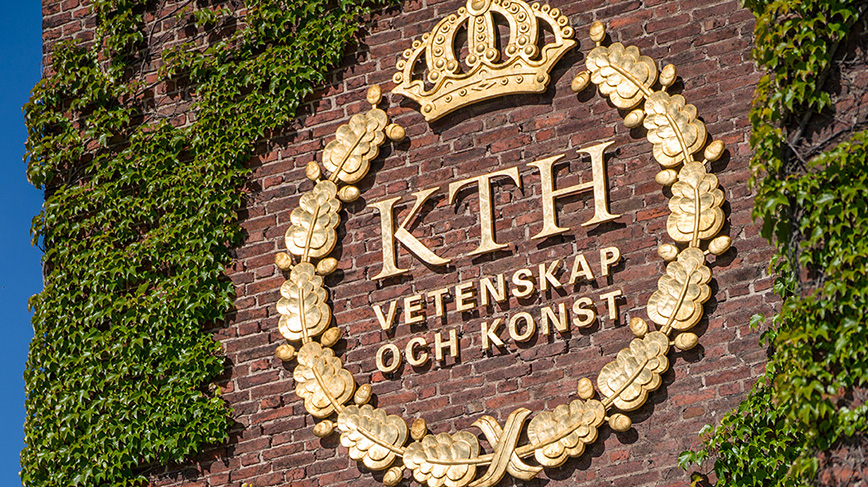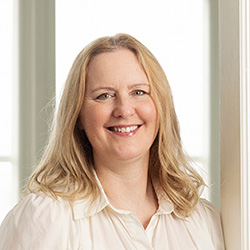Intensive work to turn the economy around

Almost exactly a year ago, KTH began to review its finances on behalf of the board. High inflation, sharply increased rental and energy costs as a result, and lagging costs after the pandemic were some of the reasons why KTH had a deficit of SEK 258 million in 2023.
"It is a bit of an acid test, but we are working intensively with it at all levels and schools to turn the economy around," says Anders Söderholm, President of KTH.
According to Susanne Odung, Head of Finance, the forecast for the coming years looks better:
"For 2024, we anticipate a deficit of 160 million, which will gradually decrease to become a surplus in 2027, provided that the measures implemented or planned also produce results.
Over the past year, a number of decisions and measures have been implemented to strengthen KTH's finances in various ways, with a turnover of five billion, of which the 2023 deficit is 4.5 per cent.
"I have sometimes been asked - "Doesn't KTH do anything?" and of course we do. There is a huge amount of work going on in a number of different areas that may not always be visible to increase our room for manoeuvre and create a balanced economy," Odung says.

She mentions the campus relocation, which will reduce premises costs by SEK 60 million per year when it is completed, optimisation and densification of existing premises, expanded educational offerings, more research applications, more further education, energy efficiency and continued streamlining of operational support.
Other decisions that affect day-to-day finances at schools and departments, and which perhaps make them more visible, are the internal price model for premises, the change in the way the GRU grant is allocated.
"Costs and revenues are placed where they should be managed," Odung says.
In the budget document
The budget document adopted by the University Board on 20 February contains a forecast for the coming years 2025-2027 regarding finances and strategic initiatives. It also includes a number of proposals to the government concerning education, research, research infrastructure and premises.
For example, KTH proposes higher ceiling amounts to meet society's need for civil engineering and higher education engineering programmes, increased basic appropriations, abolished requirements for co-financing by the state financiers, and compensation for the sharply increased market rents. A comparison with other universities around the country shows that conditions vary greatly depending on where the centre is located.

"Calculations in the budget document show that if KTH would be located in Luleå instead, the rental cost would be SEK 361 million lower each year. The price tag does not take into account where we conduct our business,"Odung says.
The schools and VS are working to review the costs and have separate action plans.
There is an ongoing restructuring programme at the schools and at VS that will become more apparent in the coming years.
"We must work hard and together to balance our finances and at the same time retain the initiative when it comes to developing the organisation. We will succeed," Söderholm says.
The budget document (in Swedish) can be downloaded at the Intranet.
Text: Jill Klackenberg
